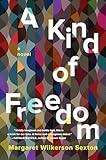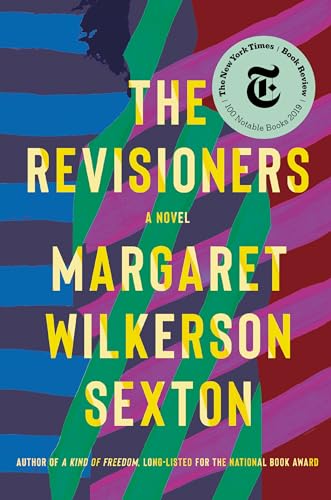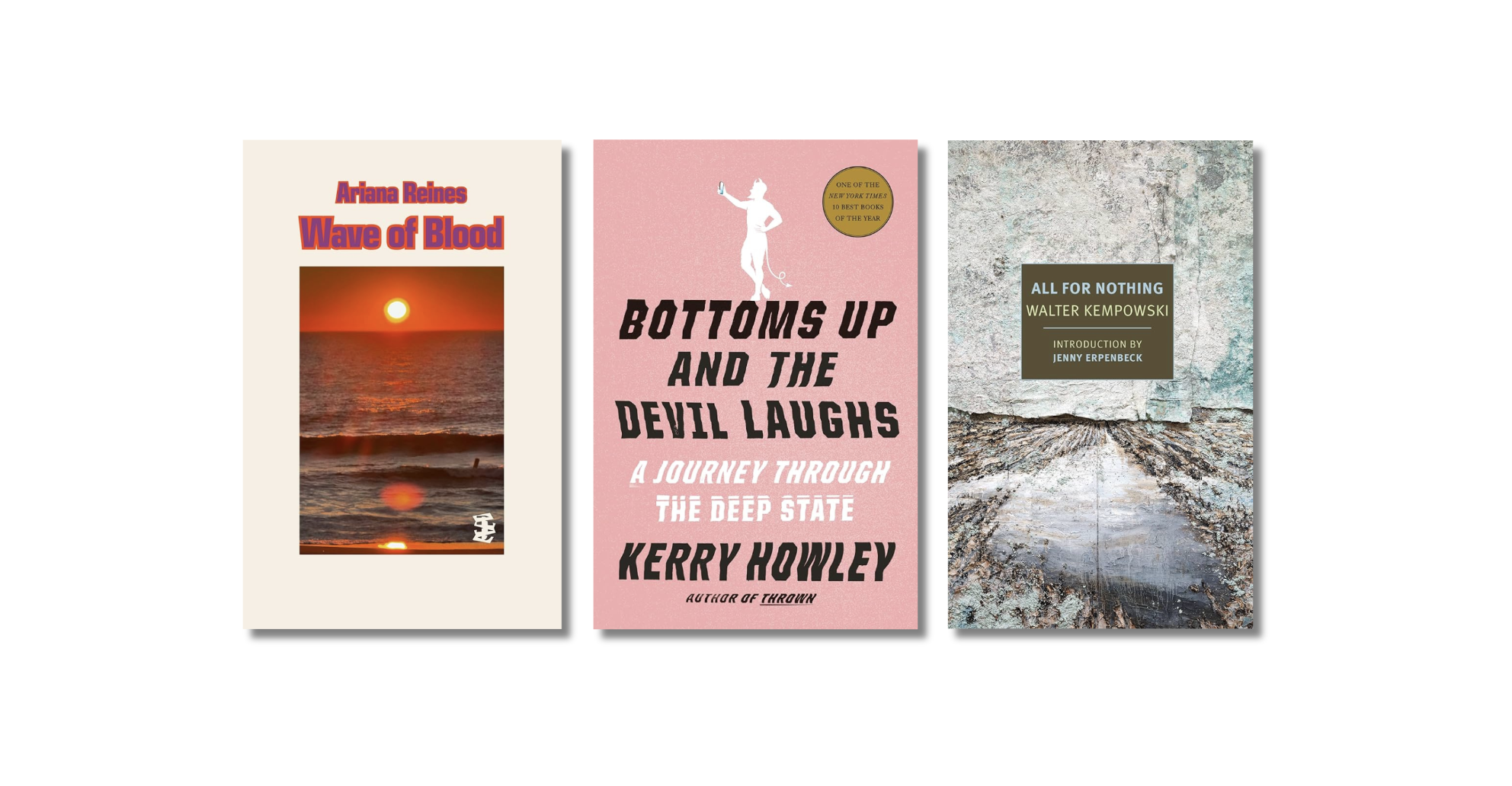On the heels of her National Book Award-nominated debut novel, A Kind of Freedom, Margaret Wilkerson Sexton returns with The Revisioners—out in November from Counterpoint. The novel, which earned a starred review from Publishers Weekly and Kirkus, chronicles the links between three women from three different generations, and what they’ll do to protect themselves and their children.
We caught up with Wilkerson Sexton to talk about magic, race, and what inspires her characters.
The Millions: What research did you do for this novel?
 Margaret Wilkerson Sexton: With my first novel, A Kind of Freedom, I did secondary research, but a lot of my research was anecdotal. For Revisioners, almost none of it was anecdotal. The characters came before the research. I love doing the research. It almost does the work for you. It gives such a rich element.
Margaret Wilkerson Sexton: With my first novel, A Kind of Freedom, I did secondary research, but a lot of my research was anecdotal. For Revisioners, almost none of it was anecdotal. The characters came before the research. I love doing the research. It almost does the work for you. It gives such a rich element.
TM: What drew you to the story’s magical, time-bending elements?
MWS: I’m personally interested in that stuff. I have a fascination with it. Also, I think it’s a good tool to use to show the degree to which modern-day black people are drawing on the power of their ancestors. I wanted to do it in a positive way, to show the strength, the wisdom.
TM: Was an exploration of the nation’s deep racial divide an impetus for this novel as much as it was for A Kind of Freedom?
MWS: It was more specific here. I’m really interested in the disparity between white women voters and black women voters in the recent election, and the history of black women and white women. I married a white man. It’s a rich history in both positive and negative ways. I wanted to mine the history a little bit to trace it back to the source, to facilitate the communion between the two groups. There’s so much more joining us than dividing us.
TM: Are you more hopeful or frightened for this generation of young black men and women?
MWS: I think for my children, I worry for their psychological well-being. For the young black man in the novel, the threat was subtle; there was never a situation that posed a physical threat. But psychologically, there’s the impact of me having to prepare my children for it.
TM: Are there women in your own life that inspired your characters?
MWS: My mom had this best friend growing up, her name is Janet Dunn, and she was basically the character Gladys, the doula. She moves from religion to religion, always seeking, evolving. She’s a deeply spiritual woman. Janet has five daughters, and she’s been really influential in my own life, inspirational for me as a mother.
This piece was produced in partnership with Publishers Weekly and also appeared on publishersweekly.com.










